As Burundi approaches its electoral period, the opposition coalition “Burundi Bwa Bose” has condemned local authorities for banning a planned leadership meeting in the newly established province of Gitega, which includes Karusi, where the meeting was scheduled to take place on Sunday, despite prior notification.
Daniel Manirakiza, the coalition’s representative in the new province of Gitega, expressed his astonishment at the decision taken by the governor of Karusi province, saying that authorities had been notified seven days in advance, with official acknowledgment of receipt. He criticized the governor’s claim that no such correspondence had been received, calling for political actors to be granted the legal facilitation they are entitled to.
“We were shocked to learn, while en route to the meeting, that the governor had prohibited it, claiming he had not received any notification. However, upon arrival, we met him and presented the letter, which he then acknowledged, attributing the misunderstanding to his secretary being new in the role,” Manirakiza said, according to local broadcaster Bonesha FM.
Manirakiza strongly criticized high-ranking officials for violating political regulations.
“The law on meetings allows political parties to notify authorities 48 hours in advance. In our case, we did so seven days prior. The same law states that if no response is given, the meeting is considered approved and can proceed publicly. It is shameful for a high-level provincial official to disregard the laws governing political parties and to demand authorization instead of a simple notification, which is not in line with the law,” he said.
Over the past few months, Remy Cishahayo, the governor of Kayanza province in northern Burundi, emphasized the importance of political freedom, urging authorities to uphold the rights of parties to operate in a democratic environment. “We are a democracy. Political parties must be allowed to meet freely, provided their activities take place in appropriate public venues and do not overlap in ways that could create tensions,” Cishahayo said.
The opposition party CODEBU, a member of the “Burundi Bwa Bose” coalition, also criticized the ongoing electoral process, saying in a post on X (formerly Twitter) that the framework for the upcoming elections lacks inclusivity and transparency. The party condemned the reported sequestration of coalition representatives and restrictions on their access to party supporters.
“The ongoing electoral process—from the establishment of its legal framework to the validation of candidacies—lacks inclusivity and transparency. Furthermore, representatives of the Burundi Bwa Bose coalition have been forcibly restrained, and the coalition itself has been denied access to its activists,” according to the statement.
This is not the first time opposition activities have faced restrictions in Burundi. In 2024, Anicet Niyonkuru, leader of the CDP party, reported that a scheduled meeting, set to begin at 1 PM, was delayed until 3 PM due to interference and tensions caused by local authorities in Mabanda commune, Makamba province in southern Burundi. He accused some communal leaders of colluding with youth affiliated with the ruling party to disrupt opposition activities.
In a recent statement, the Conference of Catholic Bishops emphasized the importance of respecting human dignity and individual freedoms throughout the electoral period. The Catholic Church also called for social inclusion, peaceful coexistence, and a fair electoral process.
According to the 2025 election schedule published on CENI’s website, legislative and municipal council elections will be held on June 25, 2025, followed by the election of senators by municipal council members on July 23, 2025. Hill or neighborhood council elections and leadership elections will take place on August 25, 2025, in newly created constituencies following a recent reorganization of the country’s provinces.

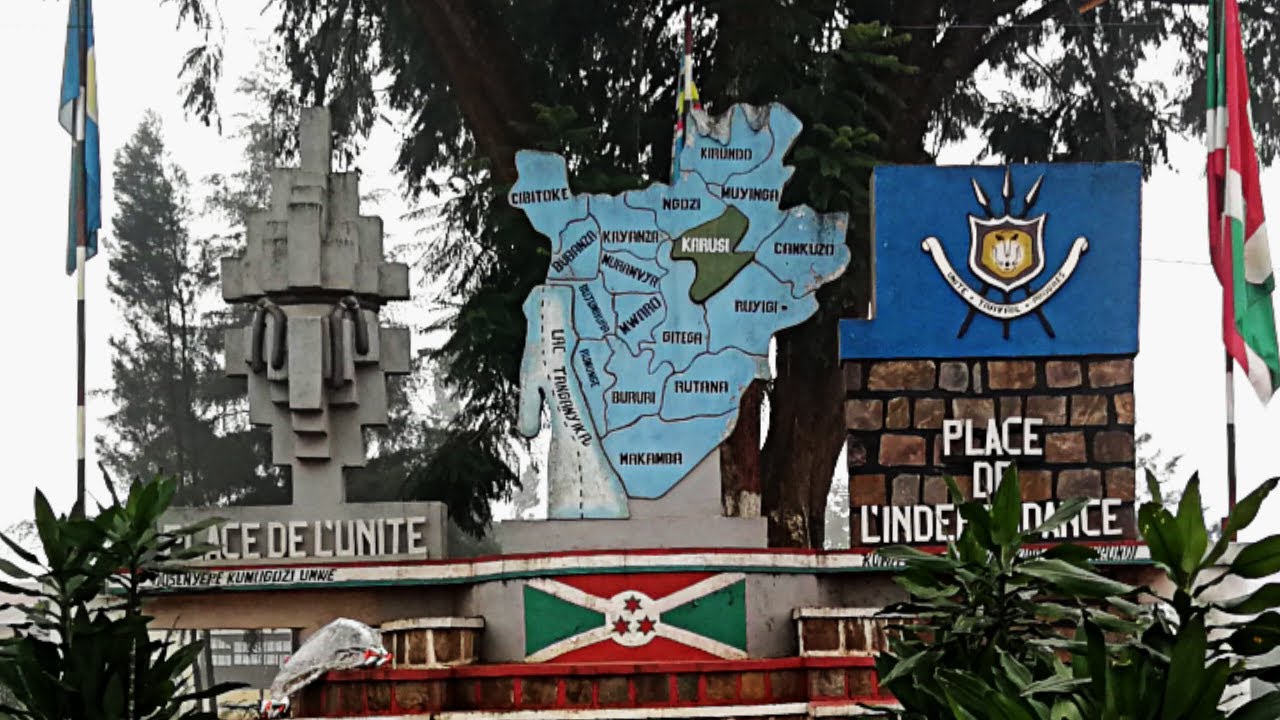
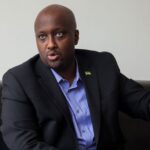
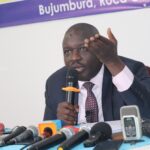
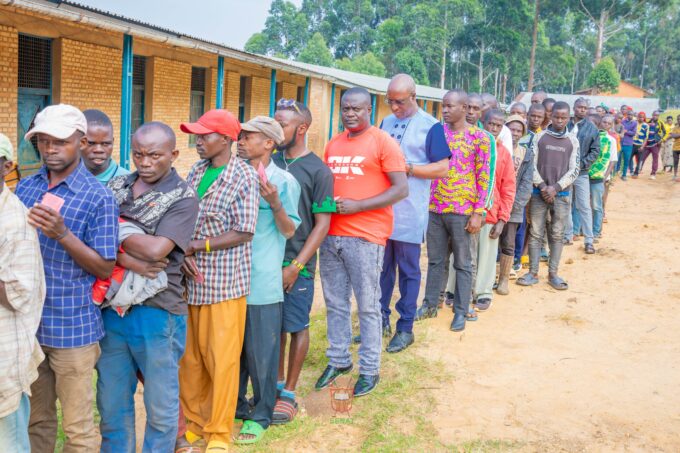
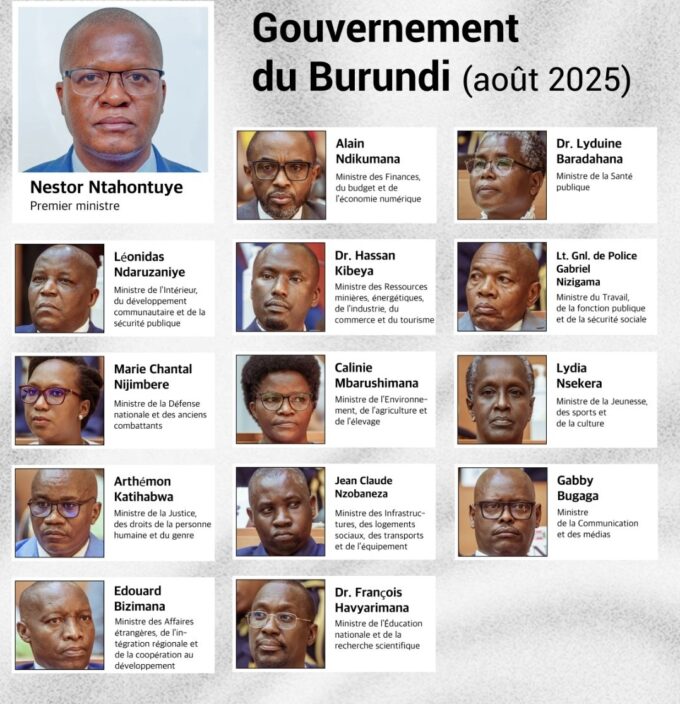
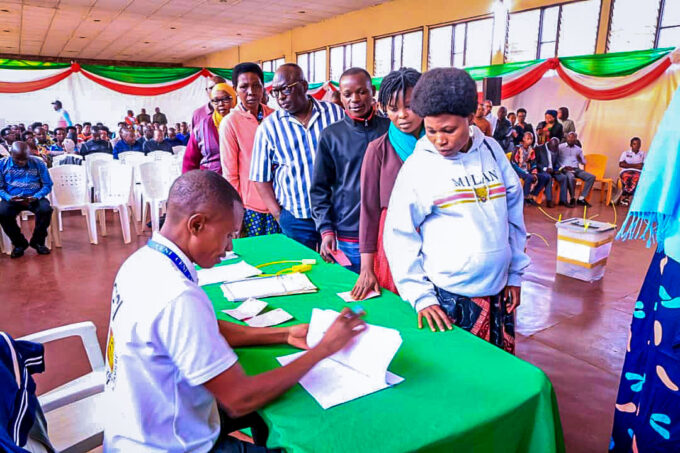
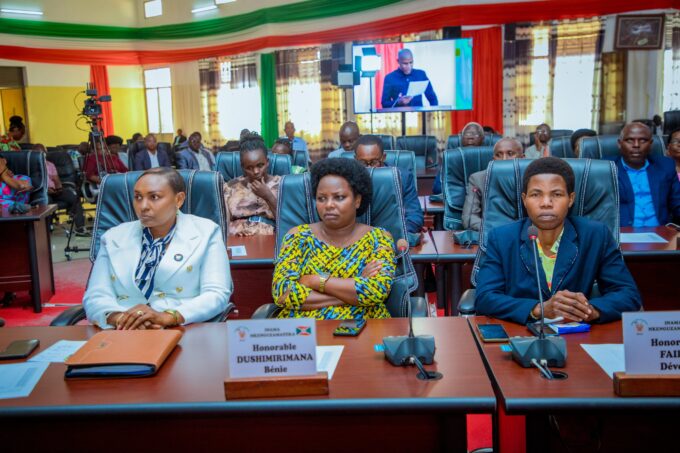
Leave a comment